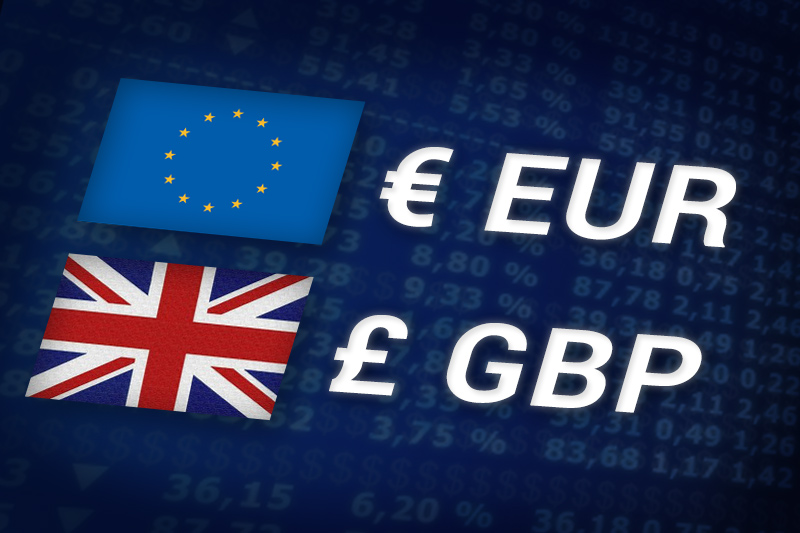ExchangeRates.org.uk - At the time of writing, GBP/EUR traded at €1.2010, up 0.3% on the week.The Pound (GBP) initially stumbled at the start of last week amid ongoing concerns that tariffs on imports into the US from Donald Trump could hurt the UK economy.
Dovish comments from some Bank of England (BoE) officials also dented GBP.
The bank warned of job losses in the coming months, and one rate-setter said that markets may be underestimating the pace of interest rate cuts.
Sterling then rallied on Wednesday as the UK’s consumer price index beat forecasts.
British inflation surged from 1.7% in September to 2.3% in October, all but erasing bets on a December rate cut from the BoE.
Worries about the UK economy stifled Sterling at the end of the week, amid rising UK government borrowing, slumping retail sales, and stalling service sector activity.
However, GBP/EUR was still able to end the week higher.
Meanwhile, movement in the Euro (EUR) was mostly driven by a fresh flare-up of tensions in the Russia-Ukraine war.
After US President Joe Biden gave Ukraine clearance to use American-supplied long-range missiles to attack inside Russian territory, Russia responding by warning that it could consider a nuclear response to such an attack.
Ukraine launched a US-donated missile into Russia, with the Kremlin answering with an experimental, nuclear-capable missile.
Russian President Vladimir Putin also warned that he could attack Western countries that facilitate Ukrainian attacks into Russian territory.
This escalation in the conflict – now in its third year – weighed heavily on the Euro.
GBP/EUR Exchange Rate Forecast: Eurozone Inflation to Boost the Euro?
This week could see relatively muted movement in the Pound amid a notable lack of impactful UK economic data.
As a result, domestic headlines could impact GBP movement.
In contrast, there is plenty of Eurozone data out this week, starting with some new data from Germany.
If Germany’s latest business morale and consumer confidence reports remain downbeat, EUR could struggle at the beginning of the week.
On Thursday, a forecast uptick in Eurozone economic sentiment could boost the Euro.
Finally, Friday brings the key event of the week – the Eurozone consumer price index.
The bloc’s CPI figures are expected to report that headline inflation rose from 2% in October to 2.3% in November, while core inflation accelerated from 2.7% to 3%.
If the CPI prints as forecast, the Euro could end the week on strong footing.
This content was originally published on ExchangeRates.org.uk
